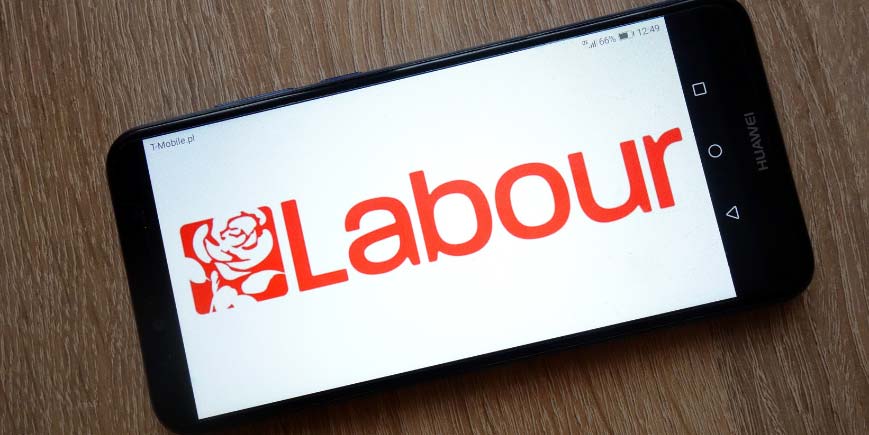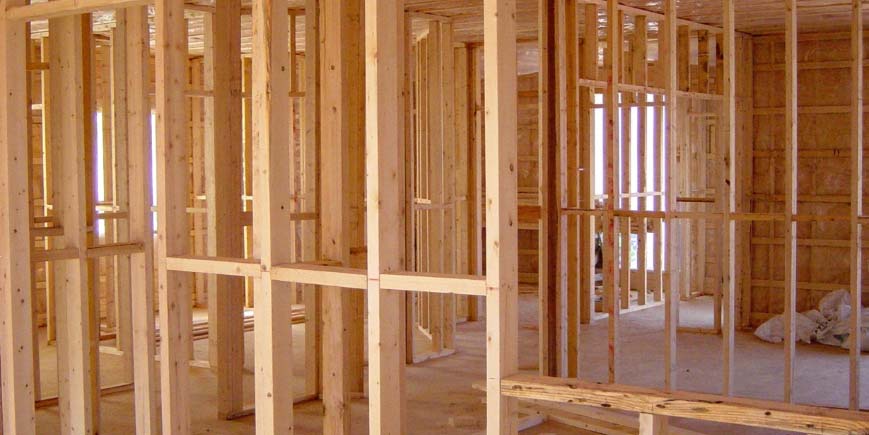This information should not be interpreted as financial, tax or legal advice. Mortgage and loan rates are subject to change.

Category: government and politics
On 13th June 2024, Keir Starmer and the Labour party released their manifesto, outlining their plans should they win the general election. We take a look at the proposals with greatest impact on housing, landlords and the Private Rental Sector.
Labour has set out ‘five missions to rebuild Britain’:
- Kickstart economic growth to secure the highest sustained growth in the G7 – with good jobs and productivity growth in every part of the country making everyone, not just a few, better off.
- Make Britain a clean energy superpower to cut bills, create jobs and deliver security with cheaper, zero-carbon electricity by 2030, accelerating to net zero.
- Take back our streets by halving serious violent crime and raising confidence in the police and criminal justice system to its highest levels.
- Break down barriers to opportunity by reforming our childcare and education systems, to make sure there is no class ceiling on the ambitions of young people in Britain.
- Build an NHS fit for the future that is there when people need it; with fewer lives lost to the biggest killers; in a fairer Britain, where everyone lives well for longer.
What is Labour’s stance on housing?
When it comes to housing, Sir Starmer’s first pledge is to make housing more affordable, by building 1.5 million new homes. The Conservatives are closely aligned with this figure, with their pledge to build 1.6 million.
In their manifesto, Labour accuse the Conservatives of failing to act ‘even though the housing crisis is well known to be one of the country’s biggest barriers to growth.’ However, they do overlook that successive governments – including their own – have failed to meet house building targets over the years.
Labour also has its eyes set on planning, and the party proposes to immediately reverse changes the Conservatives made to the National Policy Planning Framework. Their first steps will include restoring mandatory housing targets.
Other measure they plan to impose are the funding of more planning officers, which the party intend to pay for by charging a higher stamp duty rate to non-UK residents.
Whilst Labour state that they support communities having influence over local housebuilding, they on the other hand say they will intervene to hit housebuilding targets.
Labour and the Conservatives have both shared their intention to use brownfield sites to get housing projects completed, and both have said they will protect the Green Belt. However, Labour have accused the Tories of haphazardly releasing green belt land for development, which they say they will not do.
Instead Labour plan to increase housing with ‘a new generation of new towns’ and will introduce mechanisms for cross-boundary strategic planning, rather than just looking at local projects.
It is the party’s intention to ‘deliver the biggest increase in social and affordable housebuilding in a generation’; they also want to deliver high-quality, well-designed and sustainable homes.
We have already seen the plans from Labour for first time buyers, which have not been warmly received.
Labour on the private rental sector
Labour have said previously, and reiterate within their manifesto, that they will immediately abolish Section 21 ‘no fault’ evictions if they gain power.
They also pledge to ‘prevent private renters being exploited and discriminated against, empower them to challenge unreasonable rent increases, and take steps to decisively raise standards’.
On this point, Labour plan to extend Awaab’s Law, currently in place in the social sector, to private rentals too. This law came about in reaction to the tragic death of two year old Awaab Ishok, who died as the result of exposure to mould in social housing accommodation.
When this was discussed at the second reading of the Conservatives Renters Reform Bill, in the House of Lords, it was rejected as a viable change. Speaking on the subject, Baroness Swinburne said that, whilst no-one should be exposed to such awful living conditions, private landlords do not have the level of resources that the social housing sector does.
The alternative solution presented was to give councils tougher enforcement measures. However, those working within the industry will be aware that councils have for some time been struggling to impose existing powers as they lack the resources to do so.
What was lacking within discussion of the rental sector was any acknowledgment of the value of private landlords, perhaps underlining mistrust from the community in Labour as voiced by some in a recent survey about the election vote.


